President Bola Tinubu has called on the Economic Community of West African States (ECOWAS) to consider electing its members directly through universal suffrage, instead of doing so through national parliaments.
The President made this known at the inauguration of the 6th Legislature of the ECOWAS parliament on Thursday in Abuja.
He explained that doing so would give citizens of member states a say in who represented them.
He said: “The practice of directly electing public officers aligns with democratic principles that Nigeria upholds. This principle is also in line with the spirit of the ECOWAS Protocol on democracy and good governance.
“We believe this will ensure that citizens will have a direct say in their representation and the legitimacy and credibility it will provide.
“As a one-time legislator myself, I look forward to reviewing the proposal regarding this matter. We stand to support the direct elections into ECOWAS Parliament.”
The President assured members of the Sixth ECOWAS Parliament that Nigeria, as host of the community, would continue to support the Parliament to achieve its objectives.
Amb. Yusuf Tuggar, Nigeria’s Minister of Foreign Affairs, in a goodwill message, called for collaboration among ECOWAS executive, judicial and legislative arms, stressing that it was critical for effective, responsive and transparent governance.
He urged the new members of Parliament to ensure that their positions on key issues were harmonised with the decisions of the Authority of ECOWAS Heads of State and Government.
Tuggar said Parliament was crucial in the face of various challenges confronting ECOWAS; hence, the balance between executive, judicial and legislative arms was critical to address subregional peace, stability, security and unity.
He said: “It is, therefore, imperative that the Parliament continues to work in synergy with the ECOWAS Commission and other Institutions that serve as the executive and judicial arms of our organisation.
“Collaboration between the Commission, Court and Parliament is essential to ensure the smooth implementation of policies and programmes that benefit our citizens.
“I encourage you to maintain constructive dialogue with other bodies and to align your efforts with the broader objectives of ECOWAS.”
He explained that consistency in ECOWAS collective stance would strengthen its voice on the international stage and prevent any perception of disunity within the organisation.
Tuggar said the Council of Ministers looked forward to more robust engagement and collaboration with the Parliament to amplify ECOWAS values and increase its visibility through people-oriented programmes and projects.
President of the ECOWAS Commission, Dr Omar Toure, in his speech, warned that ECOWAS was currently facing the threat of disintegration, stressing that the subregion’s challenges were numerous and diverse.
He emphasised that disintegration would aggravate the subregion’s security challenges, culminate in political isolation, job cuts, as well as affect the movement of ECOWAS citizens under its protocols.
“ECOWAS is faced with the risk of integration following the threat by Burkina Faso, Mali and Niger on January 29, 2024 of their intentions to quit the bloc.
“Considering the perceived consequences of their decisions, ECOWAS opened a dialogue and initiated other immediate measures, which included representatives from these three countries to join the dialogue to resolve the issues.
“The Commission, therefore, stands to work with the Parliament and all other stakeholders towards achieving success in line with the objectives of ECOWAS,” Toure said.
President of the Nigerian Senate, Godswill Akpabio, in his remark, described the inauguration of the 6th ECOWAS Legislature as the dawn of a new era in West Africa.
He said that the event was an opportunity for ECOWAS “to build bridges of unity instead of building Berlin Walls of isolation.”

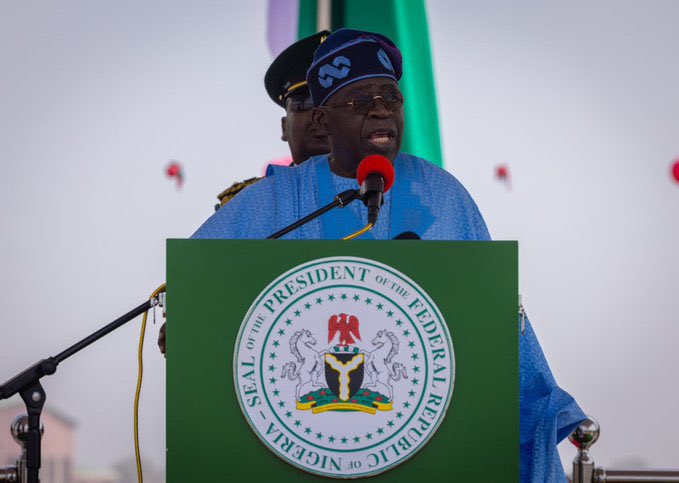
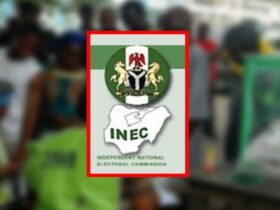


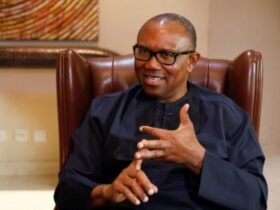
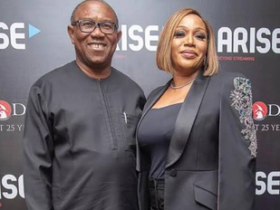
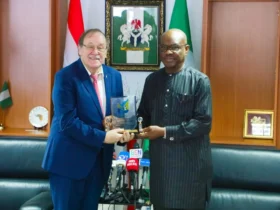
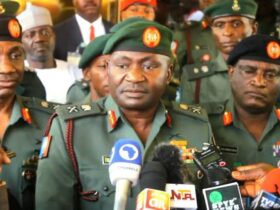

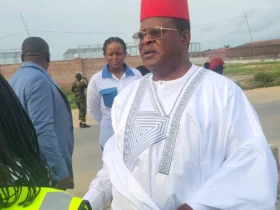
Leave a Reply